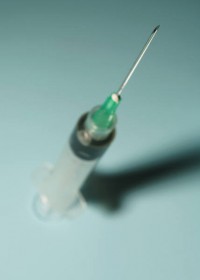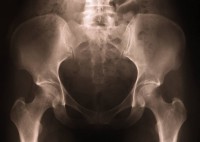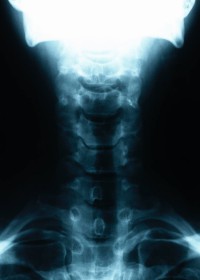
Men have another reason to catch some Z’s. According to a new study, getting a good night’s sleep may help protect men against prostate cancer. A Harvard study has linked high levels of the hormone melatonin, which the body produces during nighttime sleep, with a 75% reduced risk of advanced prostate cancer. The study also found that melatonin levels dropped when sleep was disrupted. Prostate cancer joins a lengthening list of diseases linked to sleep length and quality, including obesity, diabetes, hypertension and coronary artery disease.
There’s no magic number, but the National Sleep Foundation says the average adult needs from 7 to 9 hours of sleep. Most U.S. adults say they get about 7.5 hours of sleep a night, but a 2006 study found that adults aren’t getting as much sleep as they think they are. A University of Chicago study found that white men actually slept only 6.1 hours; black men, 5.1 hours. At the time, study author Diane Lauderdale, an associate professor of health studies at the University of Chicago, told Science Daily:
“People don’t think they get enough sleep, and they get less sleep than they think. As we learn more and more about the importance of sleep for health, we find evidence that people seem to be sleeping less and less.”
Average sleep times have declined steadily since the early 1900s when most people averaged 9 hours of sleep. The rise of sedentary white collar jobs that don’t require physical labor is thought to have had some impact on the drop in sleep duration. But even more culpable is the increase in nighttime leisure options that began with the introduction of the television and has exploded during the current digital age.
Perhaps the new findings will encourage men to unplug and go to sleep.





